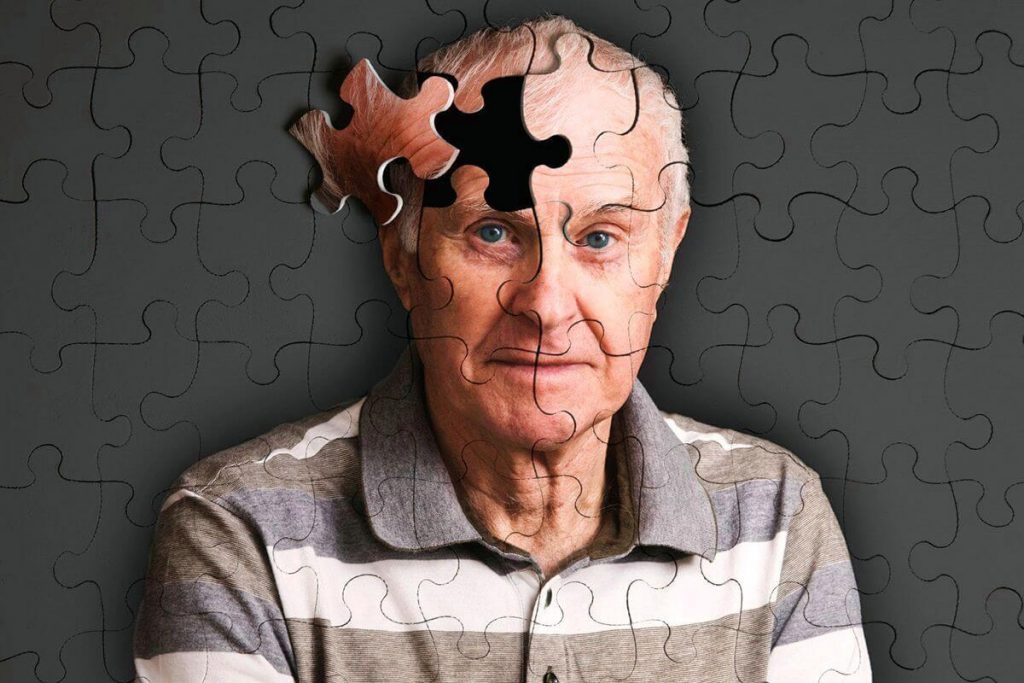American scientists have developed an accurate diagnosis of depression by a blood test.
The analysis, developed by Ridge Diagnostics in partnership with the Massachusetts General Hospital, includes the determination of nine biomarkers of depression in plasma. As the researchers note, previous attempts to identify the disease by a single substance in the blood or urine have failed due to the low sensitivity or specificity of such tests.
The biomarkers determined by the new diagnostic system are associated with such factors in the development of depression as inflammation, the development and performance of nerve cells, the interaction between brain structures responsible for the response to stress, and others.
Based on the results of these tests, using a specially designed formula, the probability that the patient suffers from major depression is calculated. This indicator, equal to 1 to 100, is called the MDDScore (a similar indicator calculated by clinical symptoms has a value of 1 to 10).
In pilot tests of the test system, 36 adults with a clinical diagnosis of major depression and 43 people in the control group took part. The result was positive in 33 members of the experimental group (mean MDDScore in it was 85) and in eight members of the control group (mean MDDScore was 33). The next stage included an additional 34 patients with depression, in 31 of whom the diagnosis was confirmed.
Analysis of the results obtained showed that the sensitivity of the test is 90 percent with a specificity of 80 percent.
“Traditionally, the diagnosis of major depression and other mental illnesses https://en.wikipedia.org/wiki/Mental_disorder is made on the basis of symptoms identified in a conversation with a patient. The accuracy of this process varies greatly, often depending on the experience of the physician and the resources available to him… Adding an objective biological analysis to the diagnosis can improve the accuracy of the diagnosis and help evaluate the effectiveness of each patient’s treatment,” said study leader George Papakostas.


